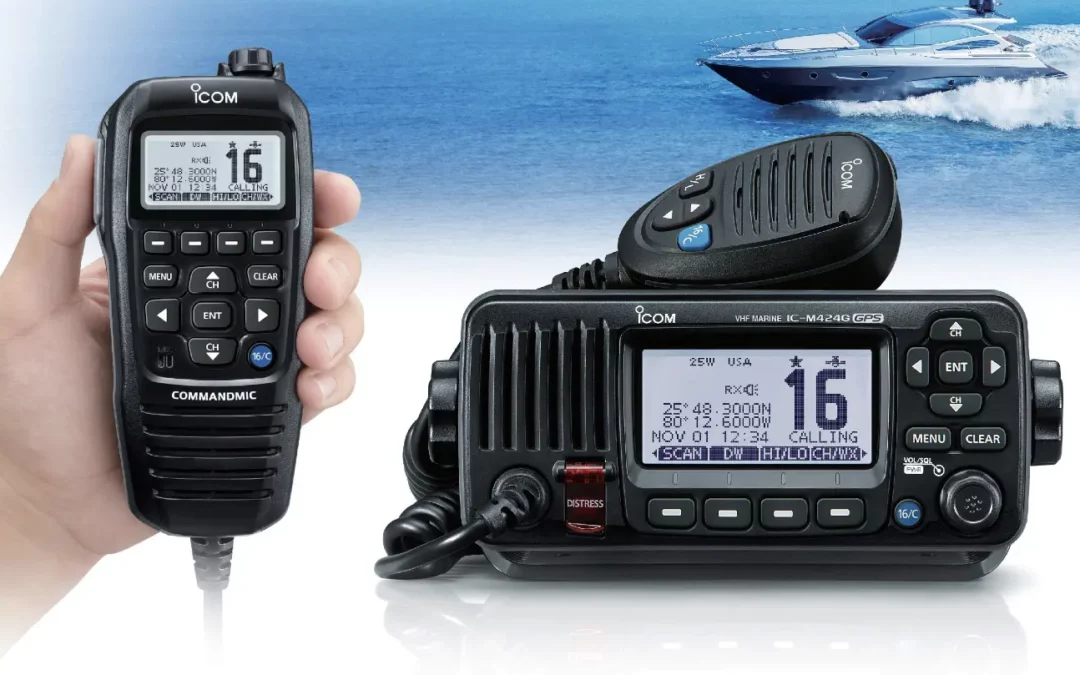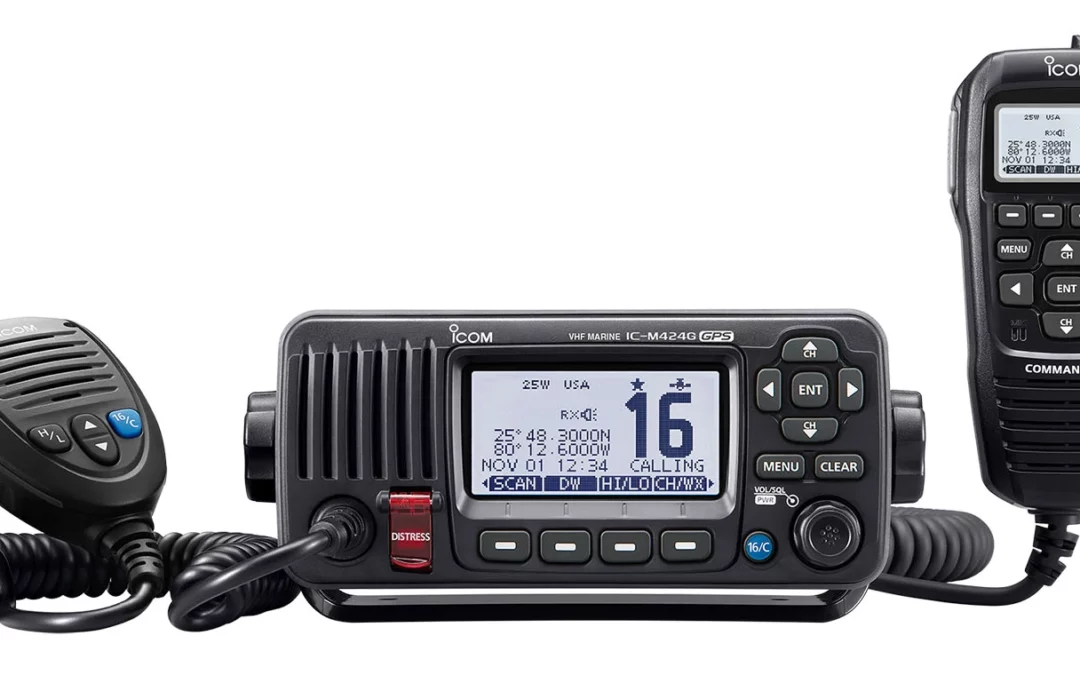Licensing Requirements: Legal Obligations for Operators
Marine radio operators are subject to specific licensing requirements, mandated by maritime authorities to uphold legal and safety standards. Obtaining a valid radio operator’s license is a legal obligation for individuals responsible for operating marine communication equipment. These licenses are issued based on demonstrated knowledge and competence, ensuring that operators possess the necessary skills to navigate the complexities of maritime communication.
Safety and Emergency Communication: Critical During Distress Situations
In the unpredictable environment of the open sea, where emergencies can arise suddenly, the proficiency of marine radio operators becomes paramount. Properly licensed operators are trained to handle distress situations, transmitting accurate and timely distress signals using internationally recognized distress frequencies. Their expertise in emergency communication contributes significantly to the efficiency of search and rescue operations, ultimately enhancing the safety of vessels and their crews.
Quality Assurance: Ensuring Effective Communication on the Water
Quality assurance in maritime communication is a linchpin of safe and efficient operations. Licensed marine radio operators undergo rigorous training and examinations to ensure that they can operate communication equipment effectively. This proficiency extends to using the appropriate channels, understanding radio protocols, and maintaining clear and concise communication. Properly licensed operators play a crucial role in preventing communication breakdowns, fostering reliable communication networks on the water.
Professionalism and Competence: Enhancing Credibility and Reliability
Professionalism is a hallmark of competent marine radio operators. Licensing and certification not only attest to an individual’s technical proficiency but also reflect their commitment to upholding ethical standards and adhering to industry best practices. This professionalism instills confidence in vessel owners, crew members, and maritime authorities, ensuring that communication tasks are entrusted to individuals who possess the requisite skills and dedication to their roles.
Training and Education: Importance of Ongoing Learning
The maritime industry is dynamic, with advancements in technology and changes in regulations occurring regularly. Proper licensing and certification emphasize the importance of ongoing learning for marine radio operators. Continuous training ensures that operators stay abreast of technological developments, maintain familiarity with updated communication protocols, and adapt to changes in the maritime landscape. This commitment to education enhances their ability to navigate the evolving challenges of maritime communication effectively.
Conclusion: Vital Role in Maritime Safety Operations
In conclusion, the importance of proper licensing and certification for marine radio operators cannot be overstated. These individuals serve as the backbone of communication in the maritime industry, ensuring the safety, coordination, and success of vessels at sea. Licensing requirements establish legal obligations, setting a standard for professionalism, competence, and adherence to safety protocols. Properly licensed operators contribute to quality assurance, fostering reliable communication networks and preventing breakdowns that could jeopardize maritime operations. Their commitment to ongoing training and education reflects a dedication to staying at the forefront of industry advancements, ultimately playing a vital role in maritime safety operations. As vessels continue to navigate the challenges of the open sea, licensed and certified marine radio operators stand as guardians of effective communication, promoting safety and efficiency on the water.








0 Comments